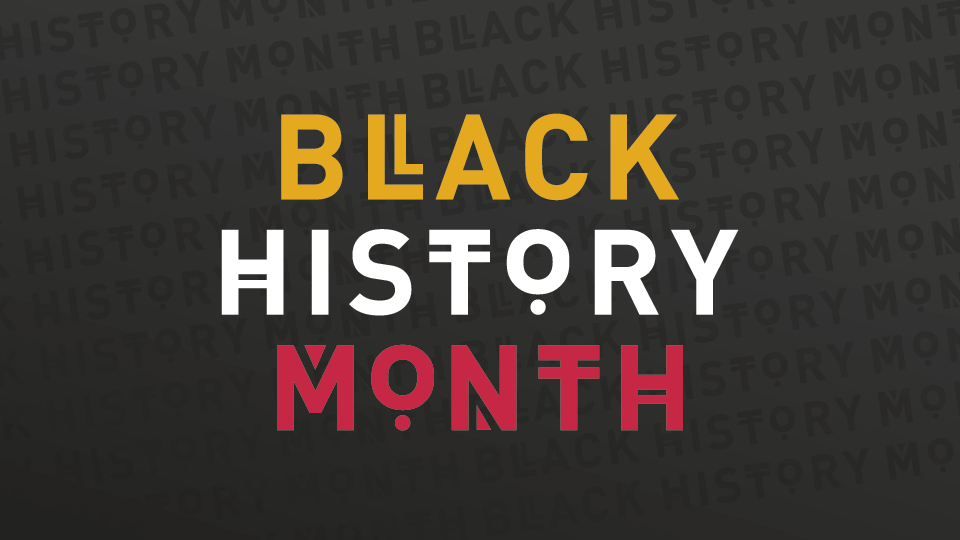Organised by the Loughborough Unison branch, Carol joined staff and students online to provide an introduction to Black history across the world, in the UK and even in Leicestershire.
Carol explained how Black History Month was first celebrated in the USA before it came to the UK in the 1980s, and how it has grown exponentially over the years with communities, schools, libraries, universities, broadcast media and global corporations engaging with the month.
For example, you may have noticed earlier this month that Google featured Claudia Jones on their homepage. Claudia was born in Trinidad and Tobago before migrating to the USA as a child and then being deported to the UK in 1955. Claudia is especially well-known for her work as a political activist and a journalist, as the founder of the West Indian Gazette newspaper in 1958, as well as being one of the founders of the Caribbean Carnival, which is now known as the Notting Hill Carnival.
Carol spoke to attendees about how Britain still has a long way to go in mainstreaming Black British history – it’s not something that should be acknowledged just one month a year, but 365 days of the year.
The Black Lives Matter movement this year following the murder of George Floyd has created a worldwide moment of solidarity, with a demand for justice in the USA, the UK and other countries around the world.
As part of the event, Carol acknowledged the oppressive history of Black people, discussing the Transatlantic Slave Trade, the failure of the Race Relations Act and the New Cross Fire in 1981.
However, she particularly wanted to use her platform to highlight Black figures who have significantly contributed to our history. Some of the names she mentioned included:
- Mary Seacole: A heroic nurse who looked after soldiers on the battle line during the Crimean War
- Ignatius Sancho: A writer, musician and composer
- Mary Prince: The first Black, British woman to publish an autobiography and slave memoir
- Phyliss Wheatley: The first Black woman to publish a book of poetry
- Ira Aldridge: A celebrated American actor and playwright who was well-known for his roles in Shakespearian plays in London
- John Edmundson: Taxidermist and tutor of Charles Darwin
Furthermore, Carol educated attendees on the more local figures who impact on our community’s history.
One of these figures was Reverend James Arthur Harley. Originally from a poor background in Antigua, he was often teased by other children and dreamed of a better life. After being inspired by his teachers, he became a bright student who won a scholarship in America. Despite hardships he faced, including racism, he attended Yale and Harvard and was awarded a number of prizes. He then studied at Oxford University, fulfilling his ambition of achieving a prestigious education.
But his ultimate goal was to become a clergy of the Church of England, and he was finally ordained in 1911 and placed at a church in Shepshed. He entered politics in 1934 and became a man of the working people in and around Loughborough, becoming a passionate advocate and serving on the County Council as a Labour councillor for 30 years. He also started his own weekly newspaper, the Charnwood Bulletin.
If you’d like to find out more, a recording of this talk is available for staff and students to watch online now.
More information about Black History Month at the University can be found on the dedicated website.









